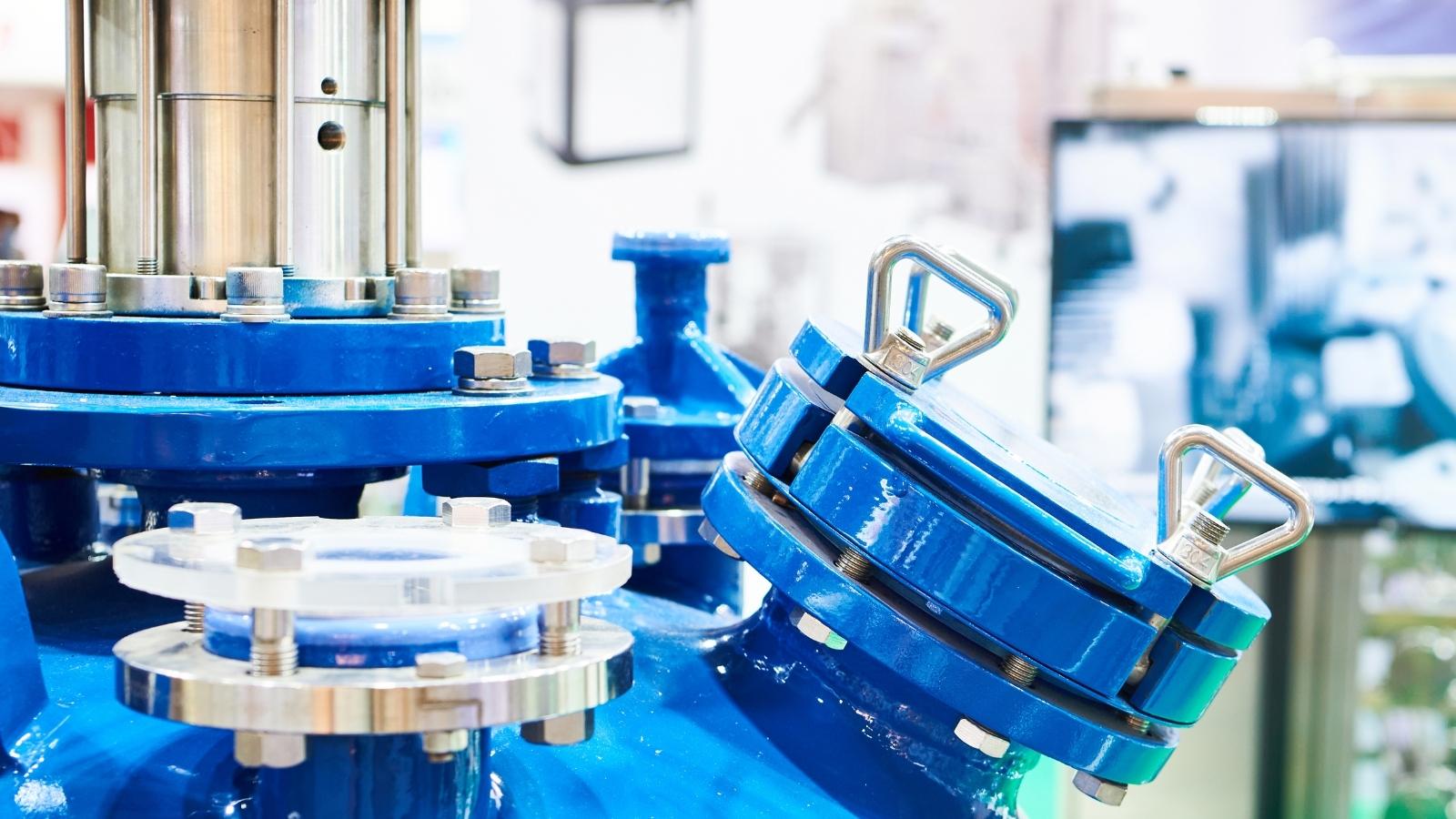Oct 2021 CEO's update

Solving problems before they happen
Recently, I sat down with my good friend Courtney Hohne, from X (the radical innovation lab at Google parent company Alphabet), to discuss the ‘upstream’ thinking we need to do to tackle seismic challenges like climate change.
I’ve been pondering this concept of upstream thinking since reading Dan Heath’s book Upstream. Let me start with an analogy. You have a wound. The natural reaction is to treat the wound - maybe a bandaid, maybe stitches - the goal is to heal the problem in front of you. This is downstream thinking. We all do it at work and in our lives. It’s the feeling of constantly putting out fires and reacting to the problems right in front of us.
You have a wound. The natural reaction is to treat the wound - maybe a bandaid, maybe stitches - the goal is to heal the problem in front of you. This is downstream thinking.
Upstream thinking on the other hand looks for action to ensure better outcomes rather than simply responding to, and being overwhelmed by a problem. Back to my analogy, instead of just treating the wound, upstream thinking would look at the factors that led to the accident that caused it and attempt to change the systems that caused it. It’s solving problems before they happen.
It is of course necessary that we tackle immediate challenges, but we must also give ourselves space and time to get out of the weeds and think differently. Upstream thinking is hard to do. It often means walking away from solutions that are incremental in favour of bolder and 10X solutions. This is what the entrepreneurs at X do regularly, and I why I was so excited to talk to Courtney about the habits and mindsets needed for long-term, high-risk, breakthrough innovations, and how X are applying that thinking to our most intractable problem, climate change.
In my recent conversation with Daniel Faber he demonstrated this type of upstream thinking perfectly. Daniel founded Orbit Fab, to change the system of space. They are creating the infrastructure needed (starting with petrol stations in space) to build a bustling space economy that can support permanent jobs in space. I highly recommend watching the event if you missed it.
If you’re working on a space venture with bold ambitions like Daniel, take a look at the National Space Industry Hub.
I’m also delighted to welcome Ingrid Marsh to the Cicada team. Ingrid will be leading sales and partnerships, so if you’re looking to solve problems using either upstream or downstream thinking, reach out to us here.
If you'd like to get these CEO's notes as well as deep tech news, events and opportunities direct to your inbox - sign up to our newsletter.


